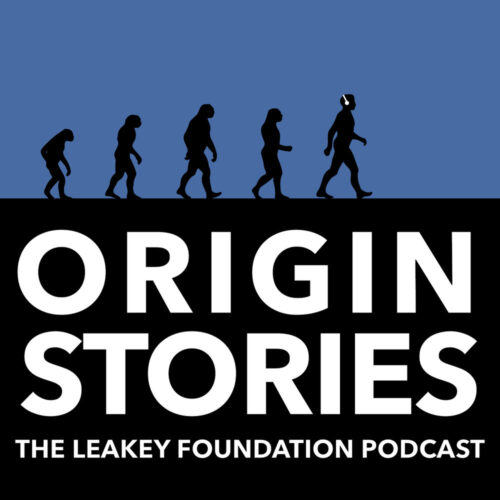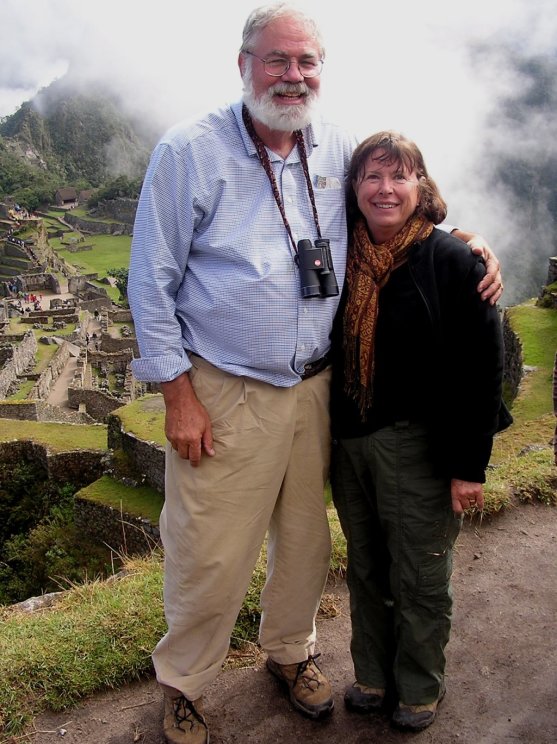Grants | The Leakey Foundation
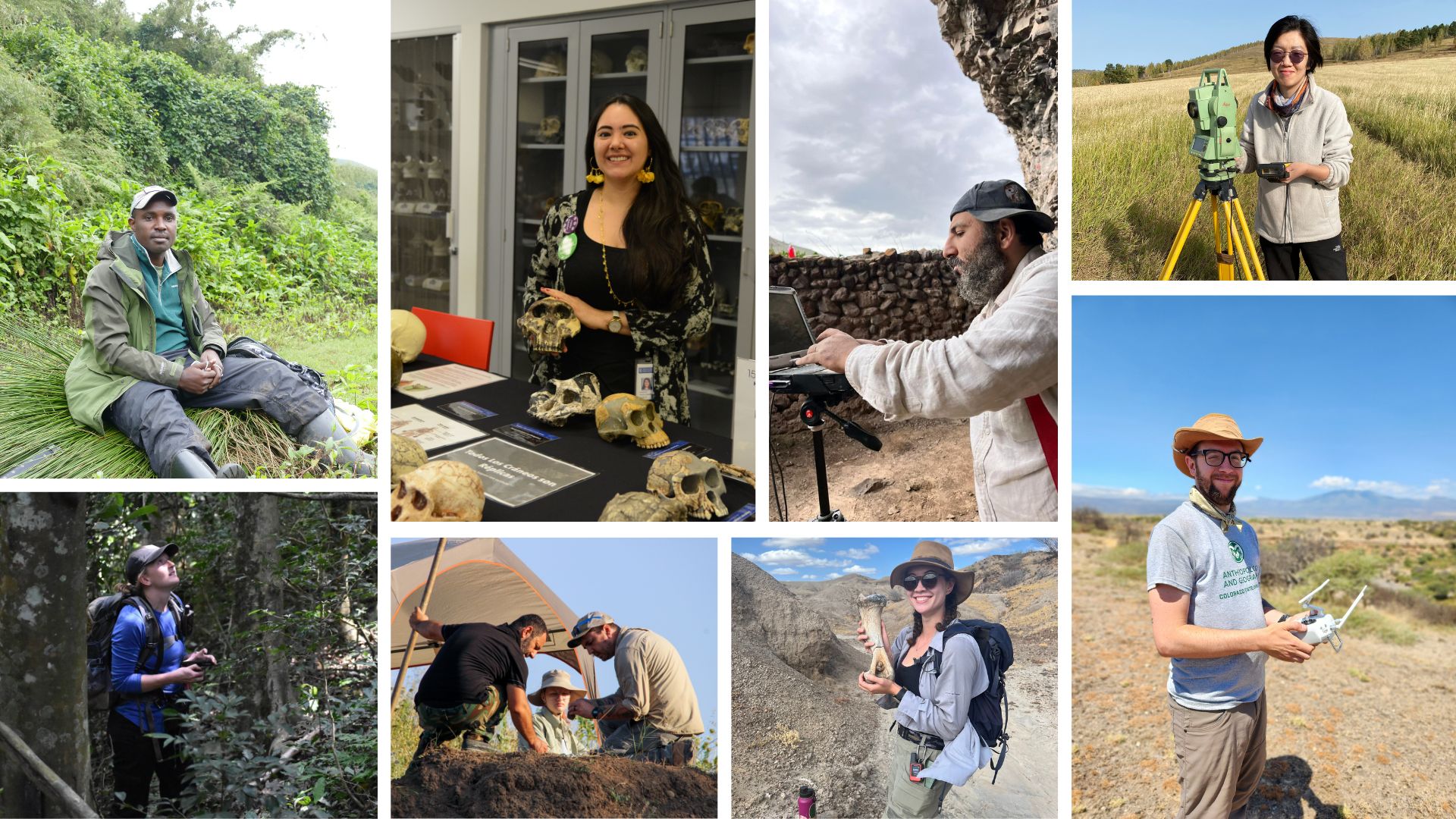
The Leakey Foundation is pleased to announce the recipients of our spring 2024 Leakey Foundation Research Grants.
These scientists embody our mission of increasing scientific knowledge and public understanding of human evolution, behavior, and survival. Their diverse projects span the globe and cover topics that range from reconstructing ancient hominin habitats and developing methods for remote fossil prospecting to investigating primate immunity and researching the impact of social stress on wild mountain gorillas.
We look forward to sharing more about our grantees and their work as their projects progress.
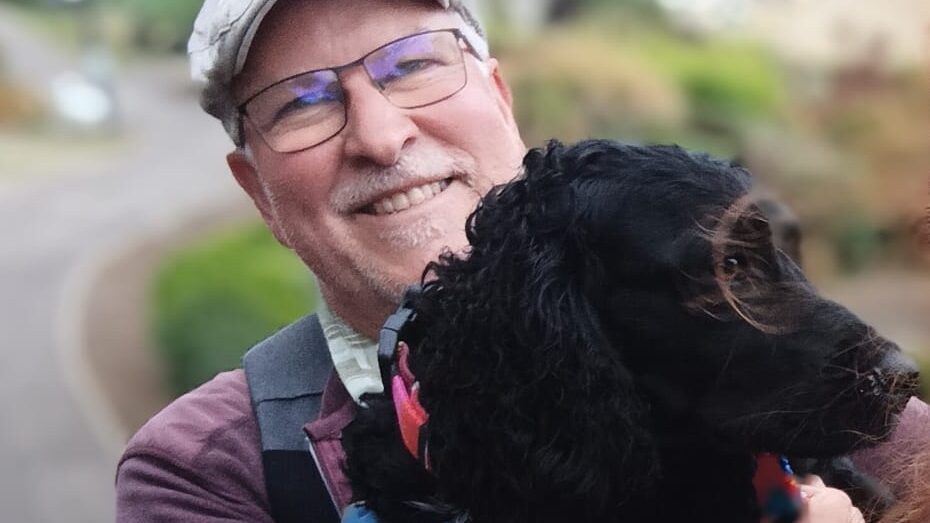
René Bobe, Universidade do Algarve: Eastern Africa’s coastal forests and hominin origins
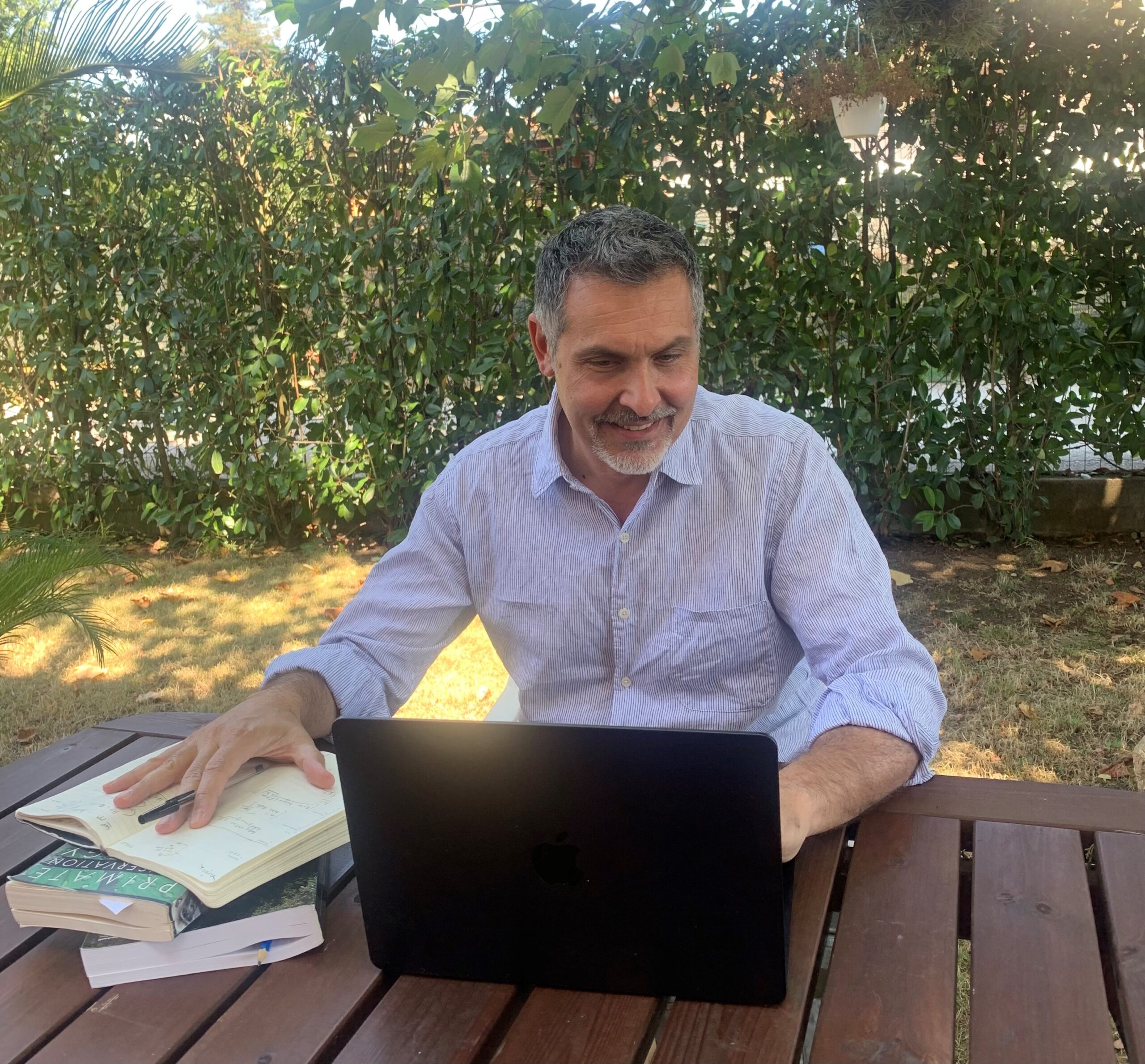
Cristian Capelli, Universita degli Studi di Parma: The evolutionary history of Theropithecus gelada: Population structure, gene-flow and climatic changes

Deepak Choudhary, Panjab University Chandigarh: Unravelling the Timing of Middle Miocene Hominoid Evolution at Ramnagar, India, by Integrating Magnetostratigraphy and Biochronology
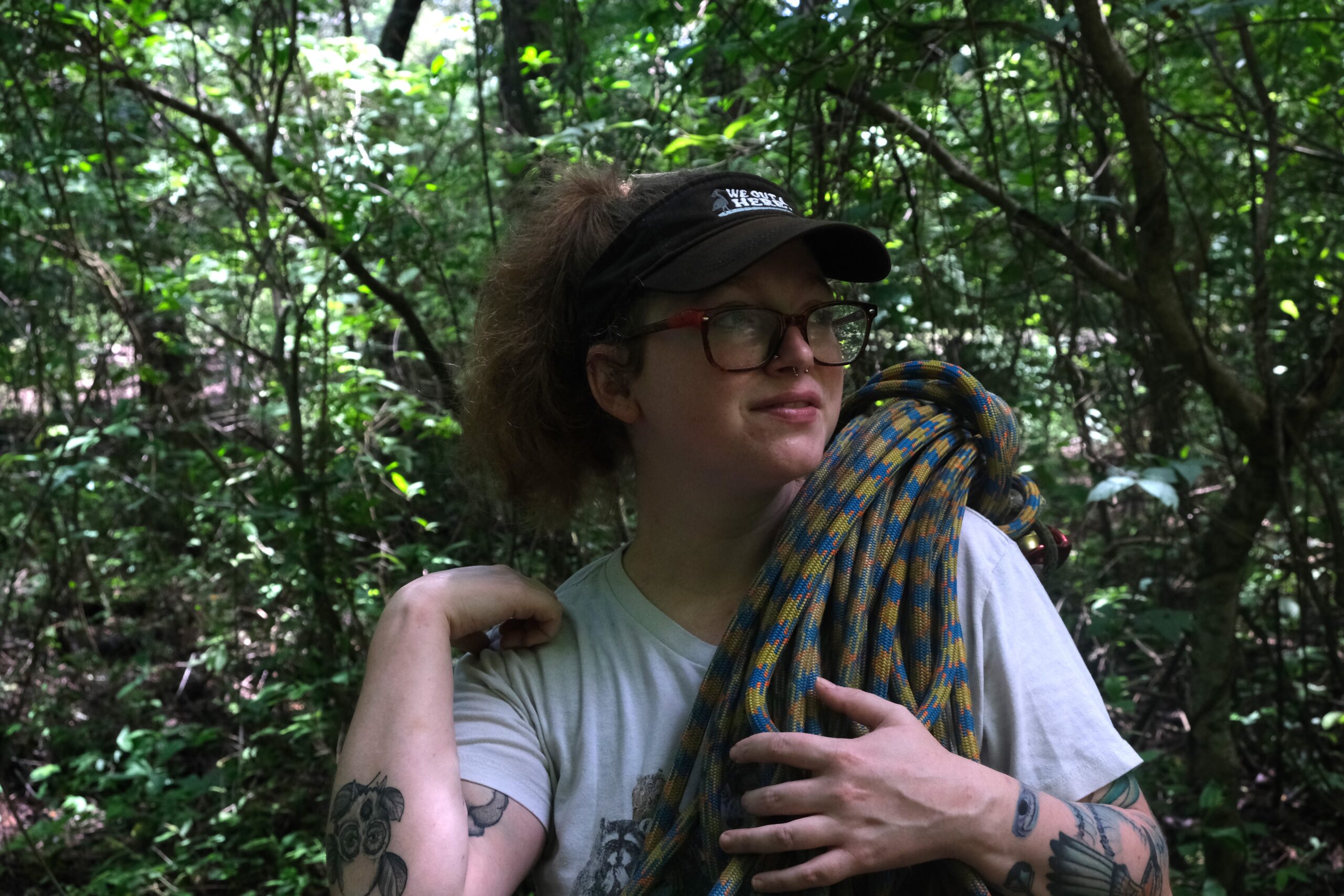
Allegra DePasquale, University of Calgary: Primates and plants in perspective: Frugivore community ecology in the Costa Rican dry forest
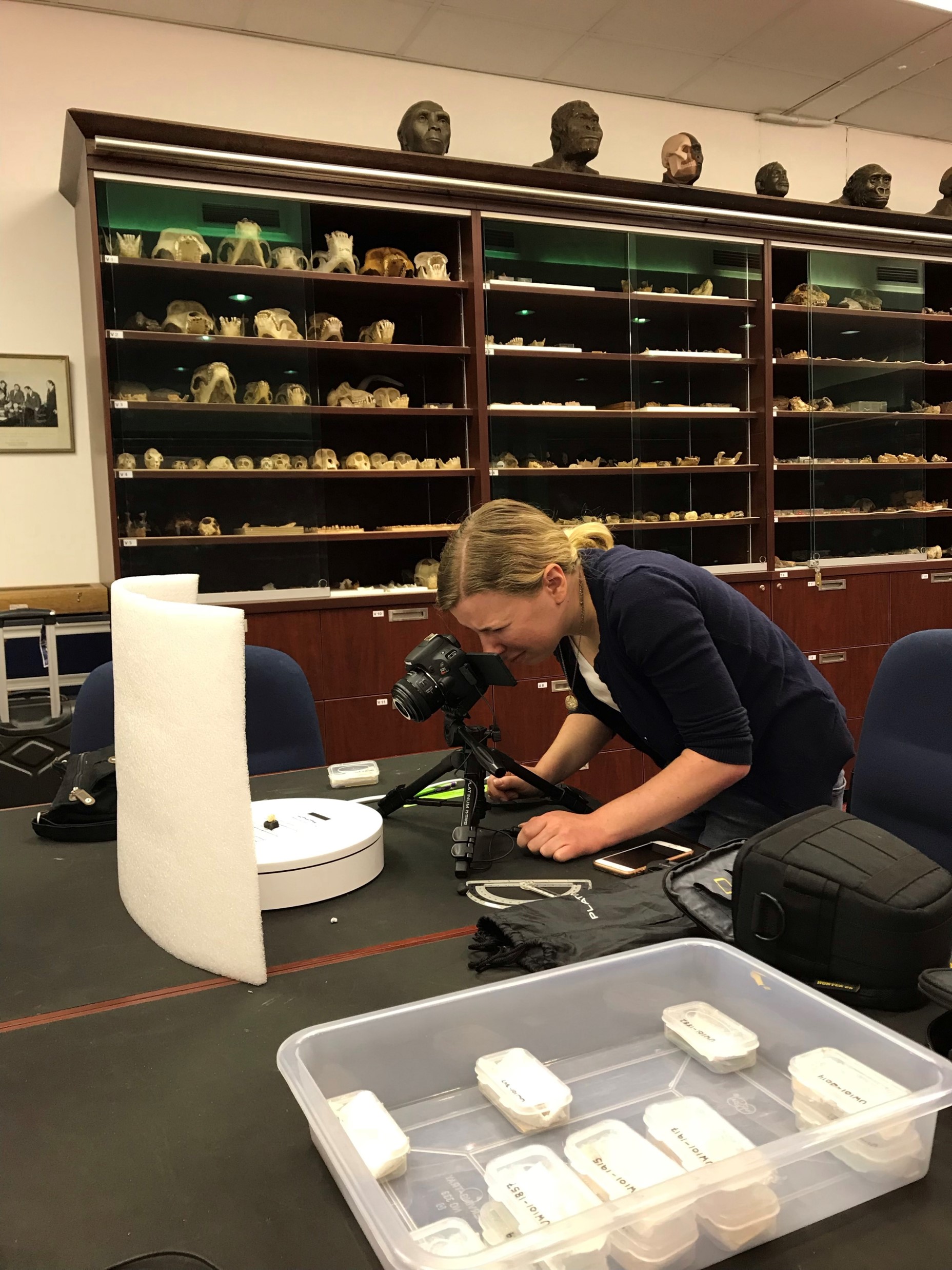
Margaret Furtner, Louisiana State University: Cradle of Humankind fossil site prediction: A machine learning approach
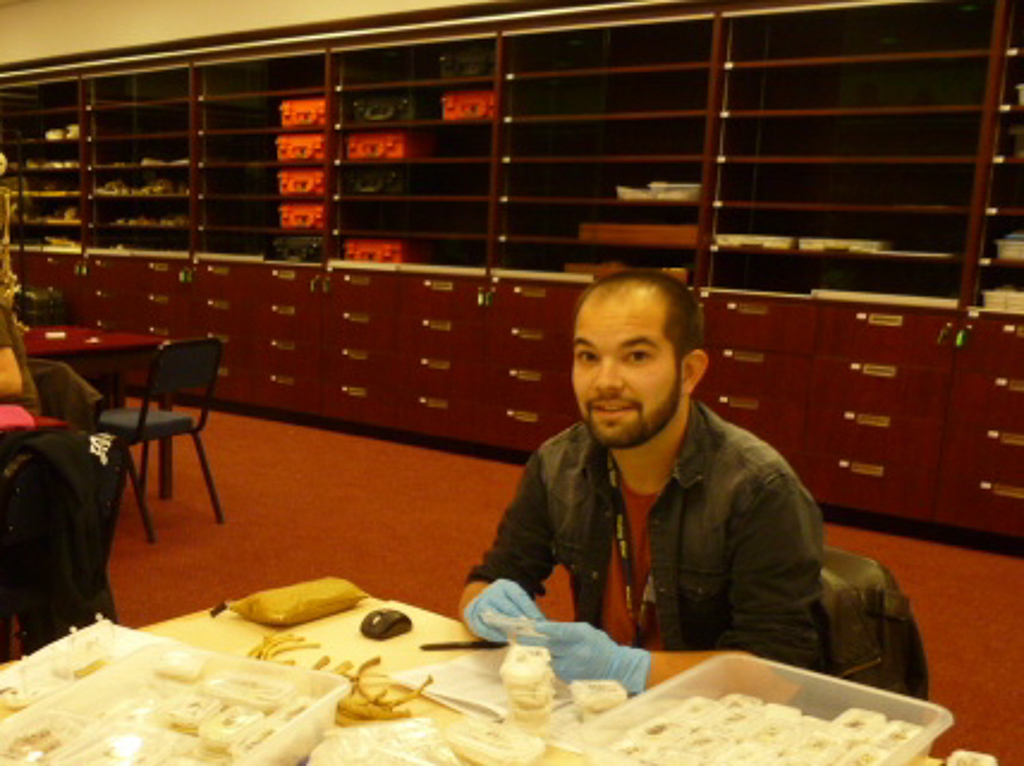
Daniel García-Martínez, Universidad Complutense de Madrid: Paleoanthropological investigation at Ruidera-Los Villares: Deciphering Middle Pleistocene enigma in Western Europe
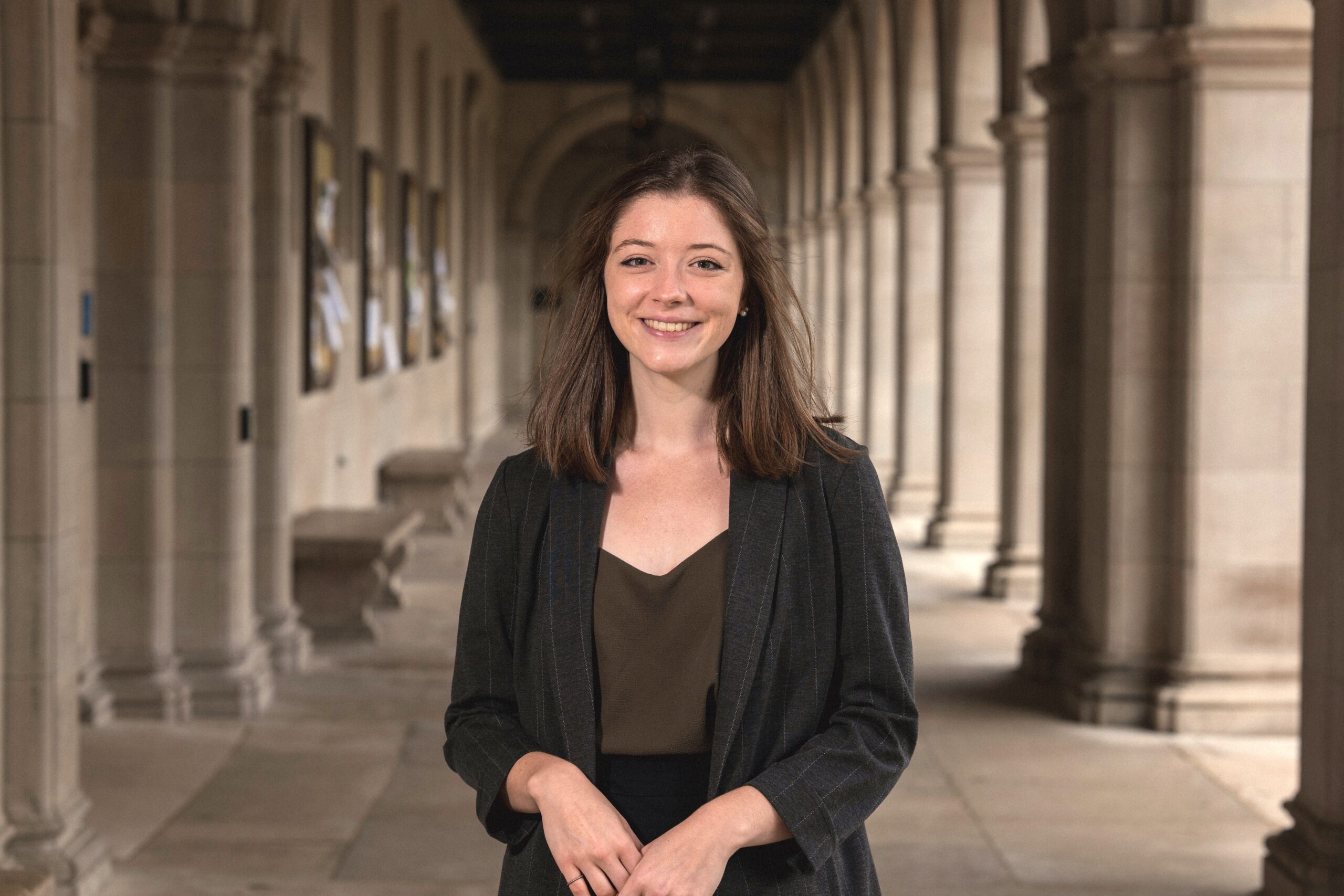
Jacqueline Garnett, Washington University, St Louis: Investigating the Relationship Between Dietary Ecology and Dental Evolvability in Primates
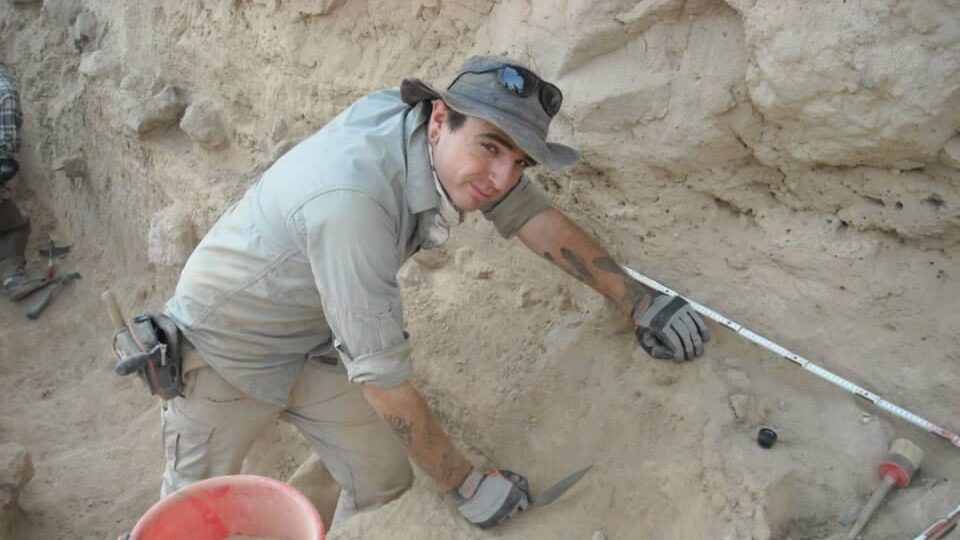
Jayson Gill, University of Connecticut: Pleistocene behavioral landscapes of Northern Armenia
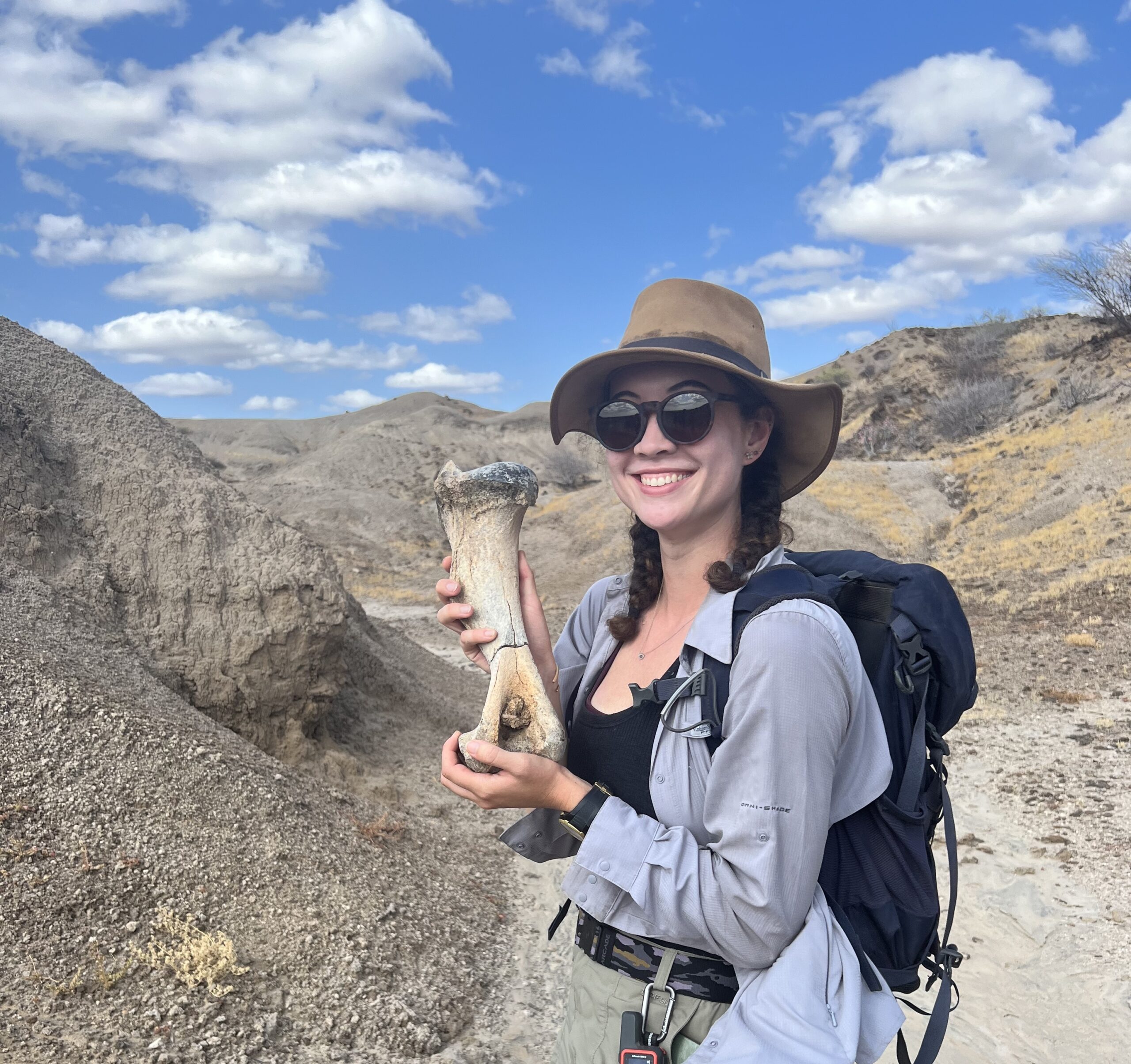
Madeleine Kelly, University of Chicago: A multi-proxy, Bayesian approach for modeling woody cover in African environments: Implications for hominin paleoecology
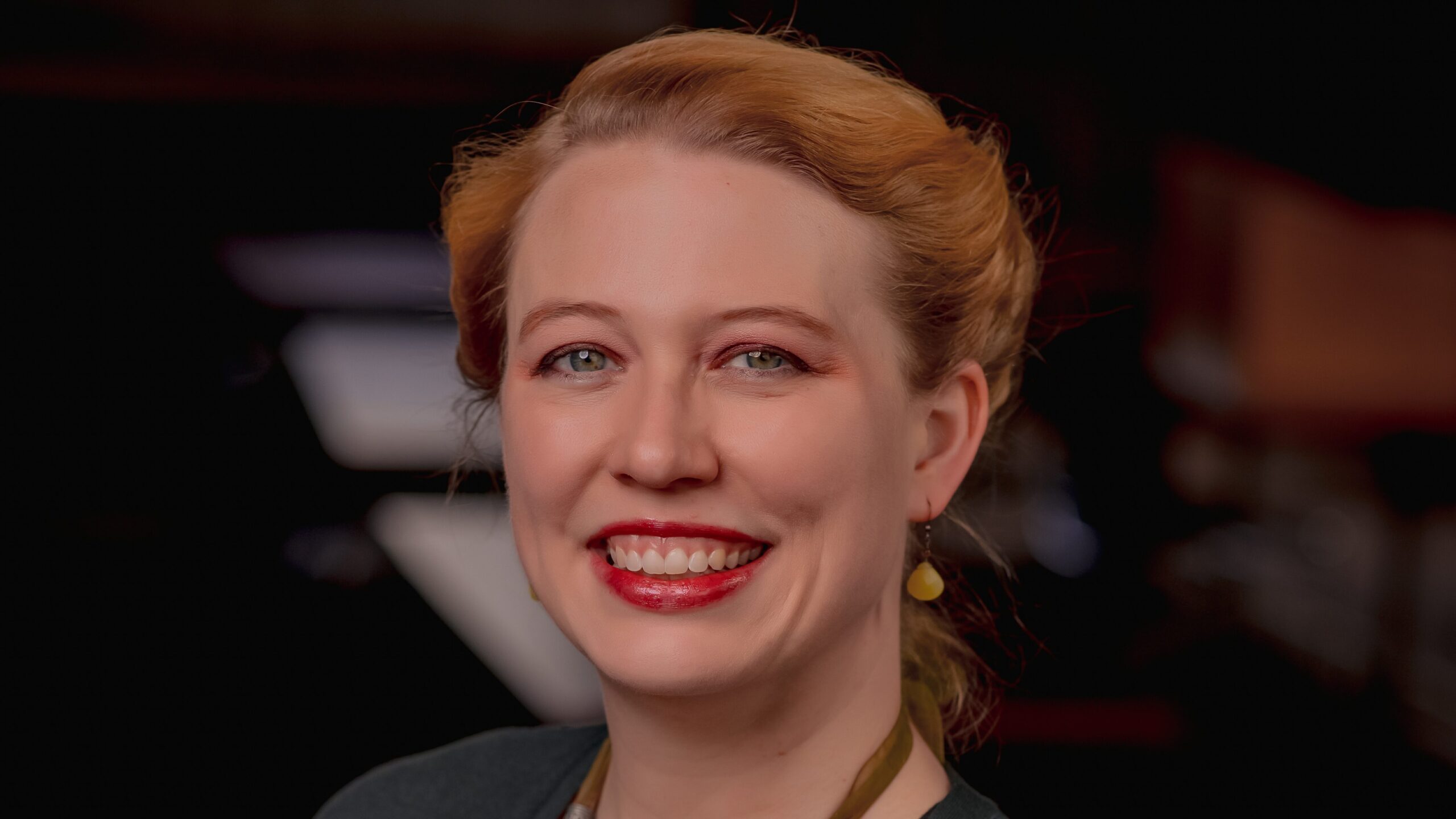
Claire Kirchhoff, Marquette University: Gombe baboons from birth to bones
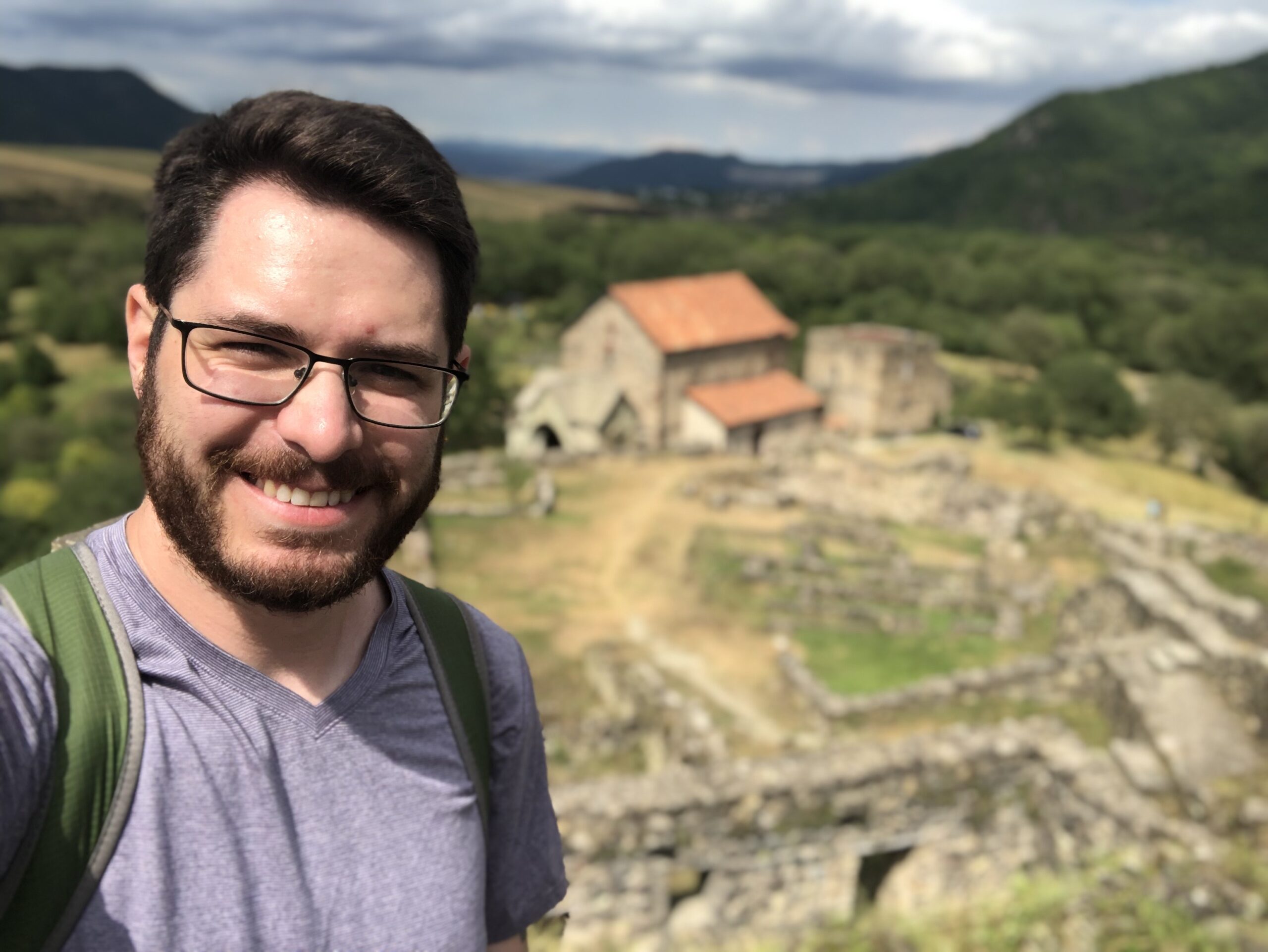
Tanner Kovach, University of Connecticut: Investigating the Middle-Upper Paleolithic transition in the southern Caucasus
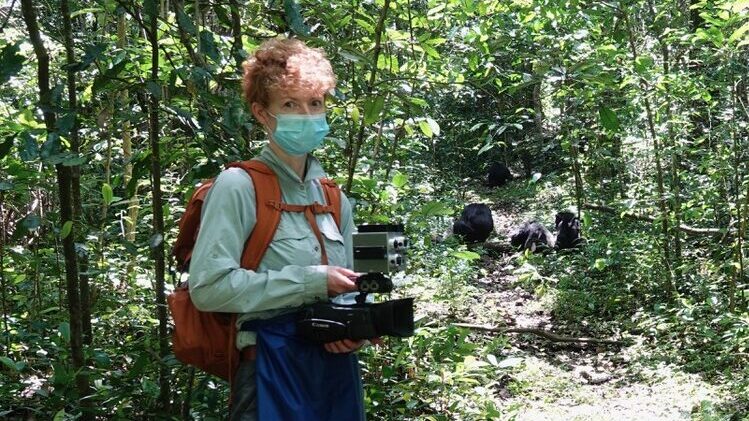
Laura MacLatchy, University of Michigan: Hominoid evolution: Paleontology of the Early Miocene Napak volcano, Uganda
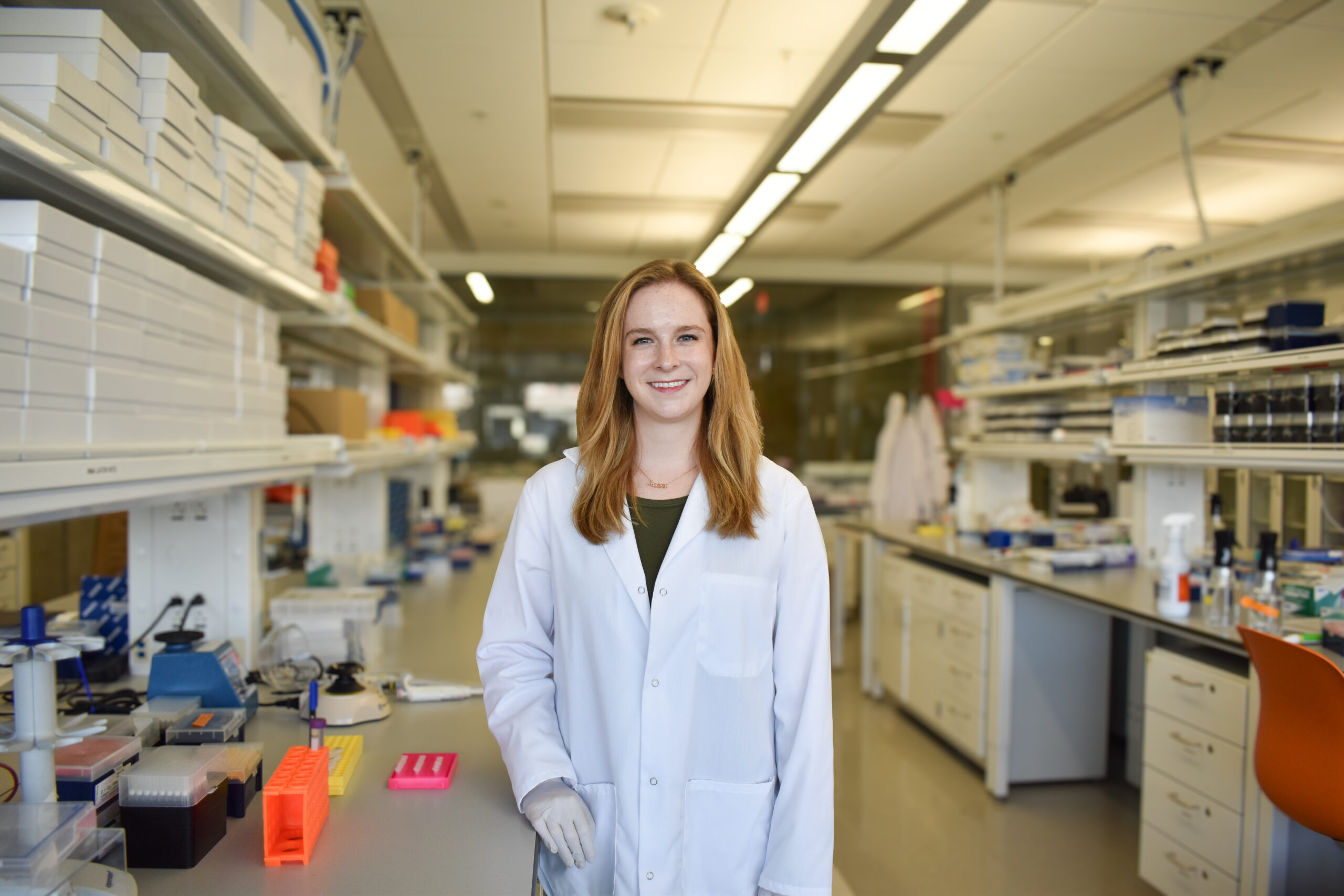
Clara Mariencheck, George Washington University: X-linked genes and heterozygosity: Investigating the immunity gap in primates
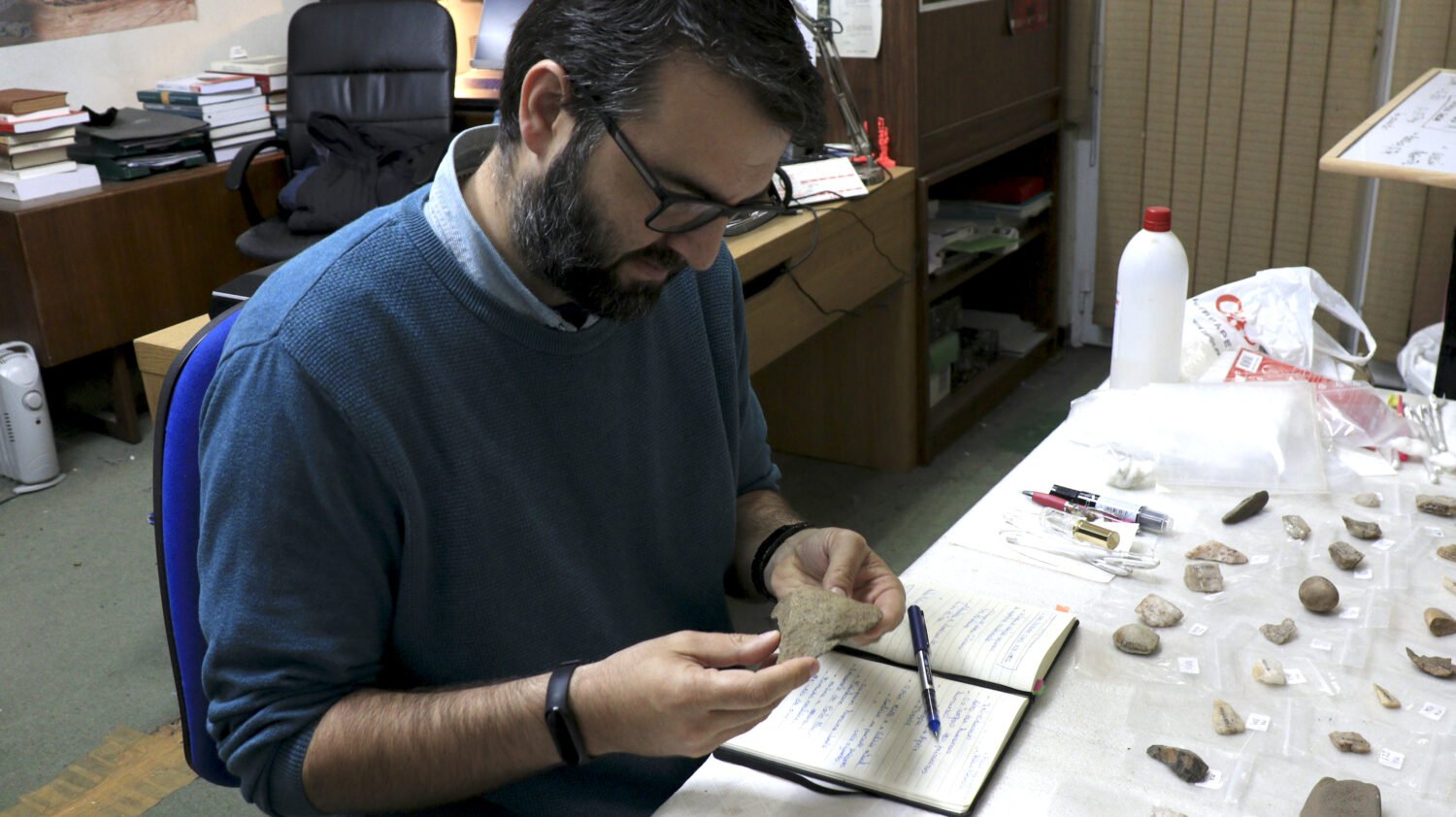
Eduardo Mendez Quintas, University of Vigo: Late Oldowan and Early Acheulean in East Africa around 2 million years ago. The site of Gombore I (Melka Kunture, Ethiopia)
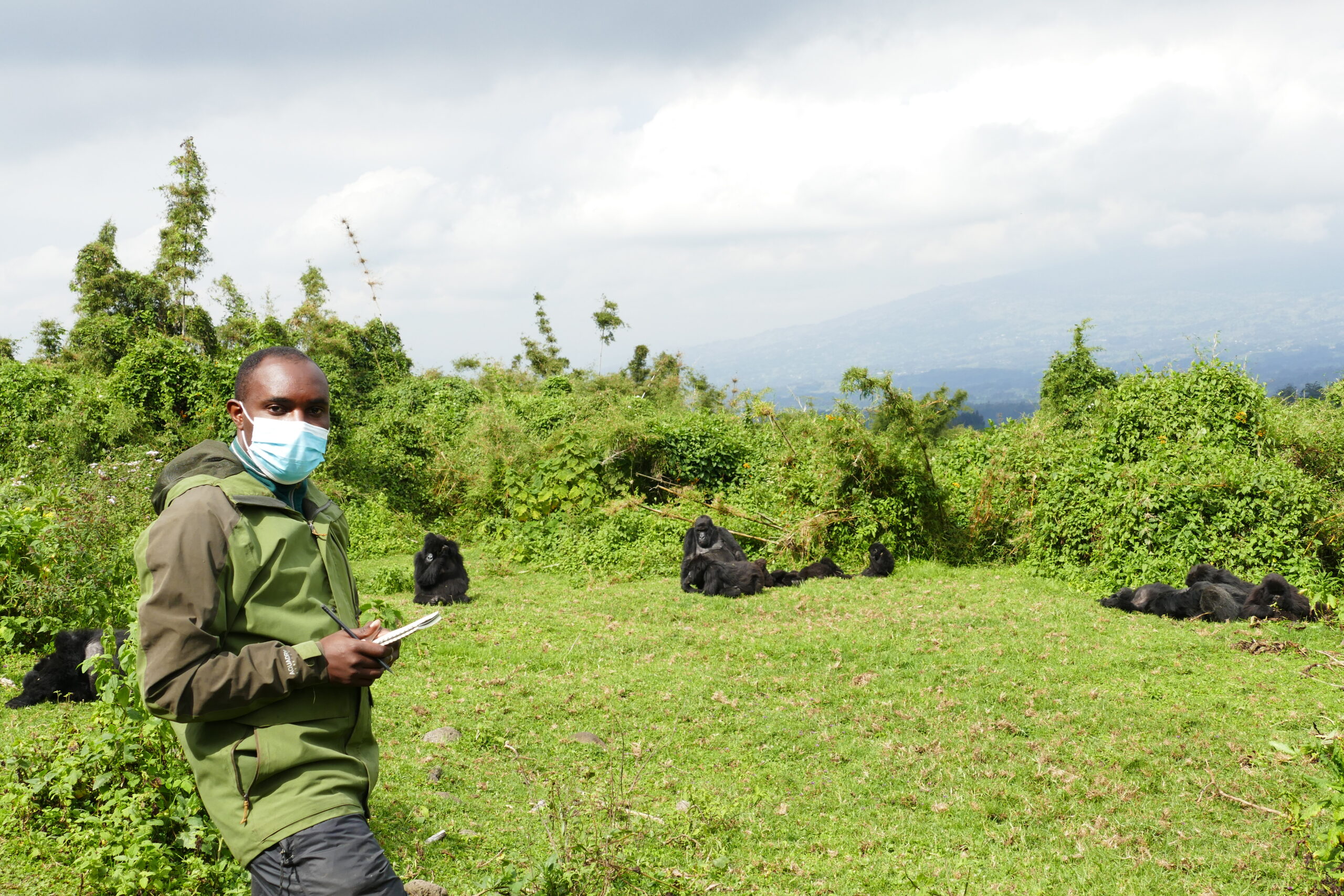
Eric Ndayishimiye, Nottingham Trent University: Physiological response to social stressors and associated fitness consequences in Virunga mountain gorillas (Gorilla beringei beringei)
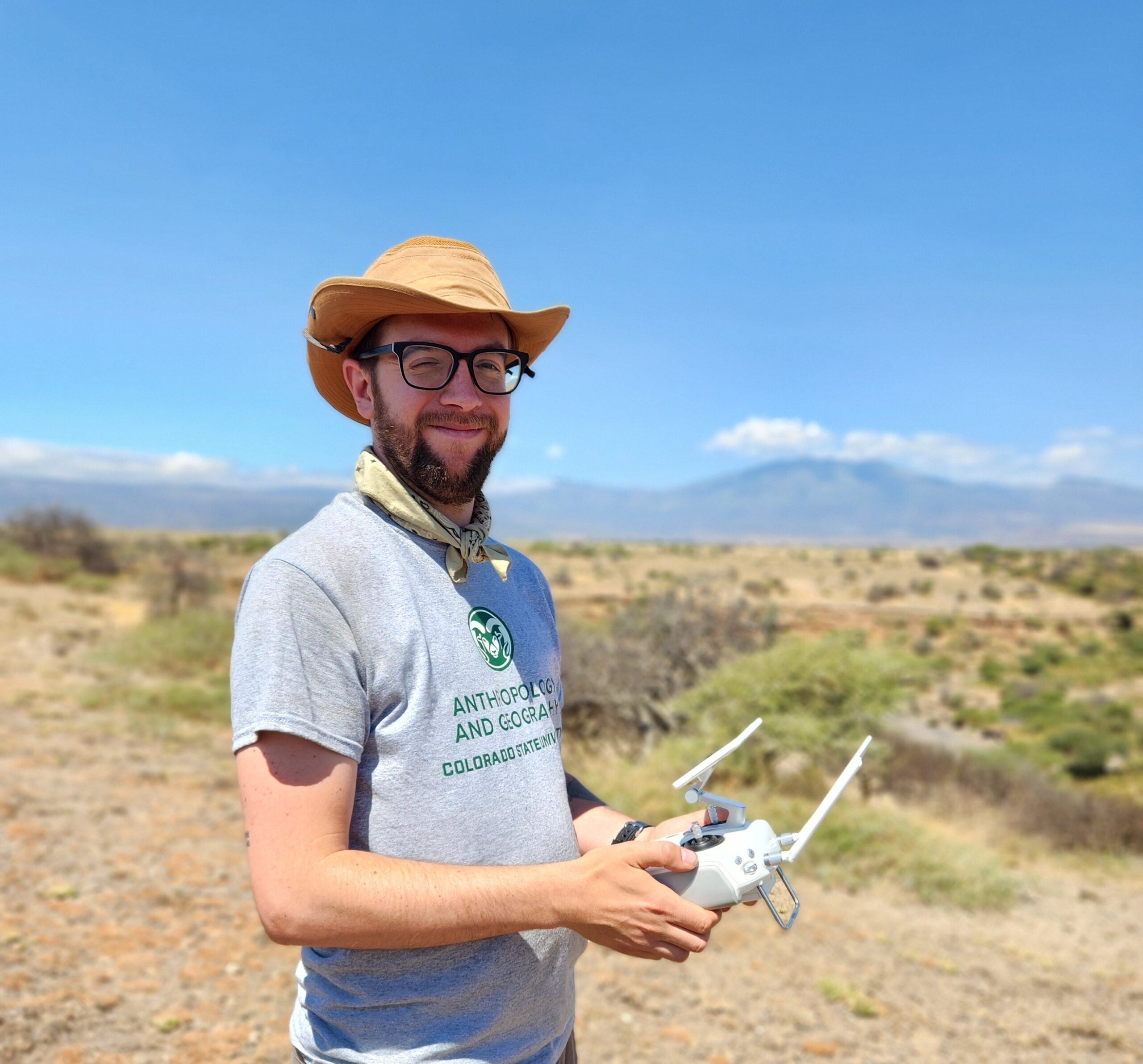
Alex Pelissero, Colorado State University (CSU): The distribution of hominin activities at Olduvai Gorge: A geospatial approach
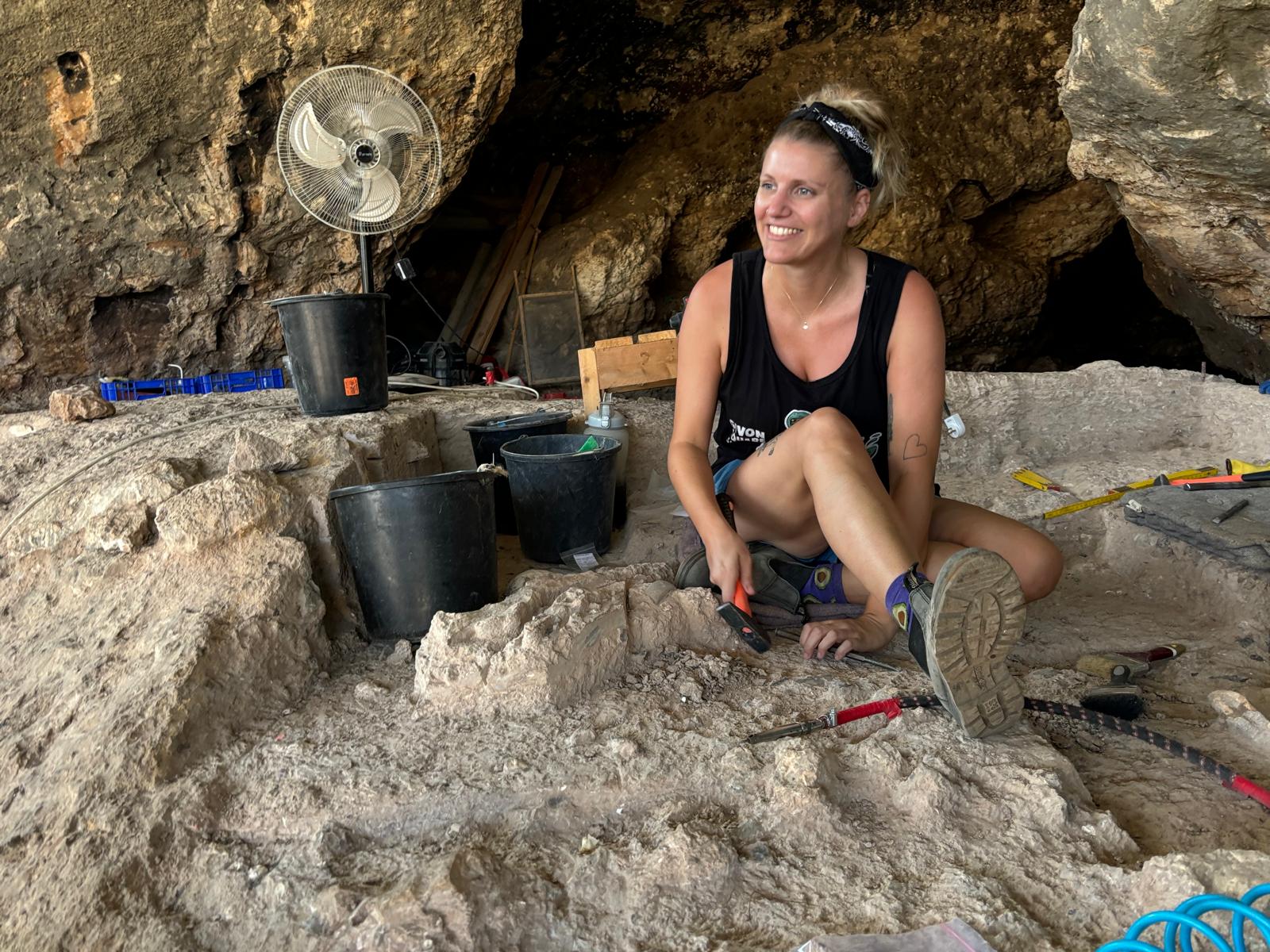
Marion Prévost, Hebrew University: Reassessment of lithic technological behaviors at the Middle Paleolithic Nahr Ibrahim site (Lebanon)
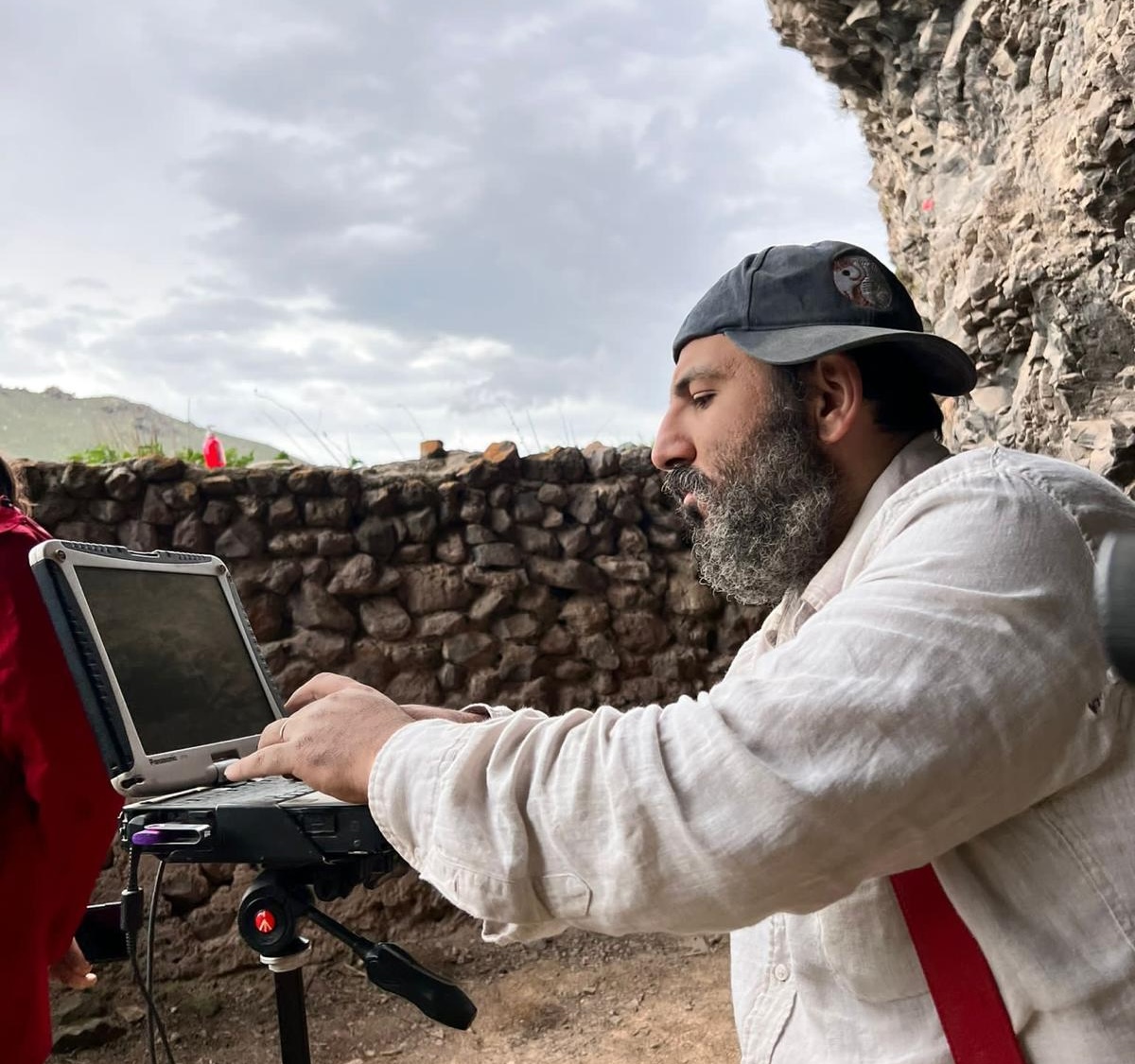
Siavash Samei, Centre College: Early human adaptations in the Armenian Highlands: An interdisciplinary investigation of the Early Upper Paleolithic at Aghitu-3 Cave, Armenia
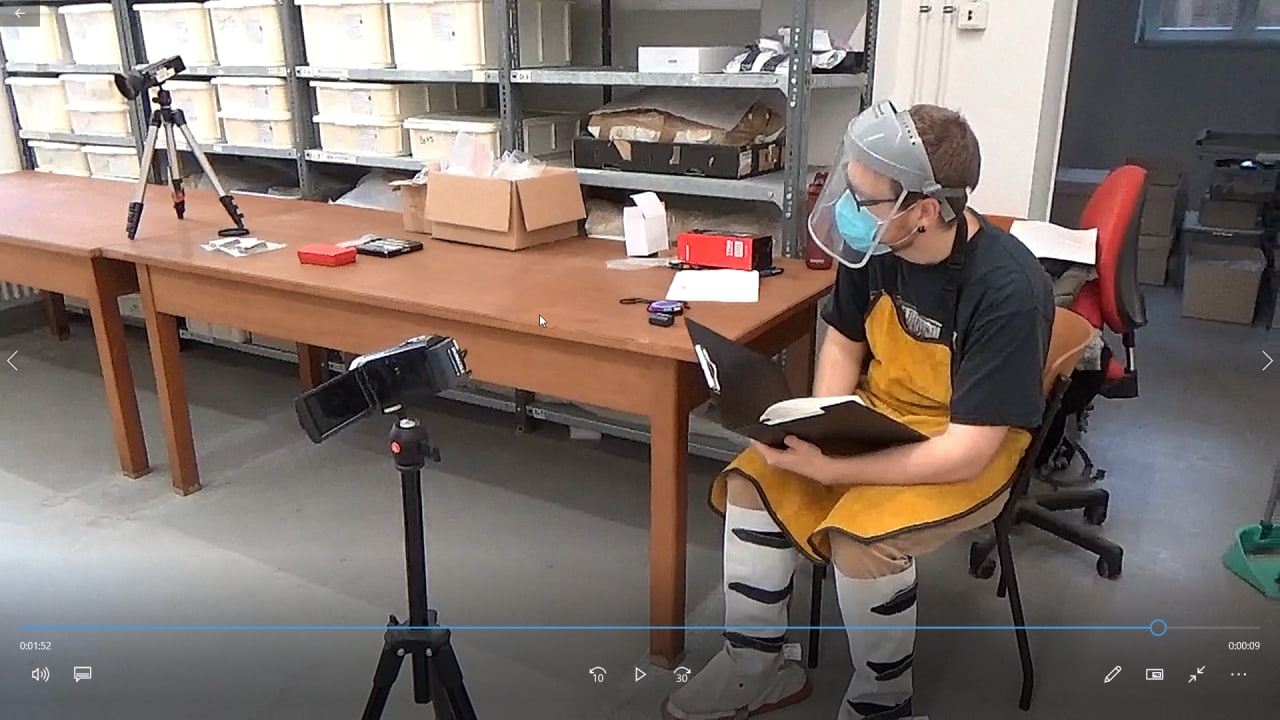
William Snyder, University of Tuebingen: Investigating hominin cultural evolution using inferences from naïve primate manipulation and use of stone tools
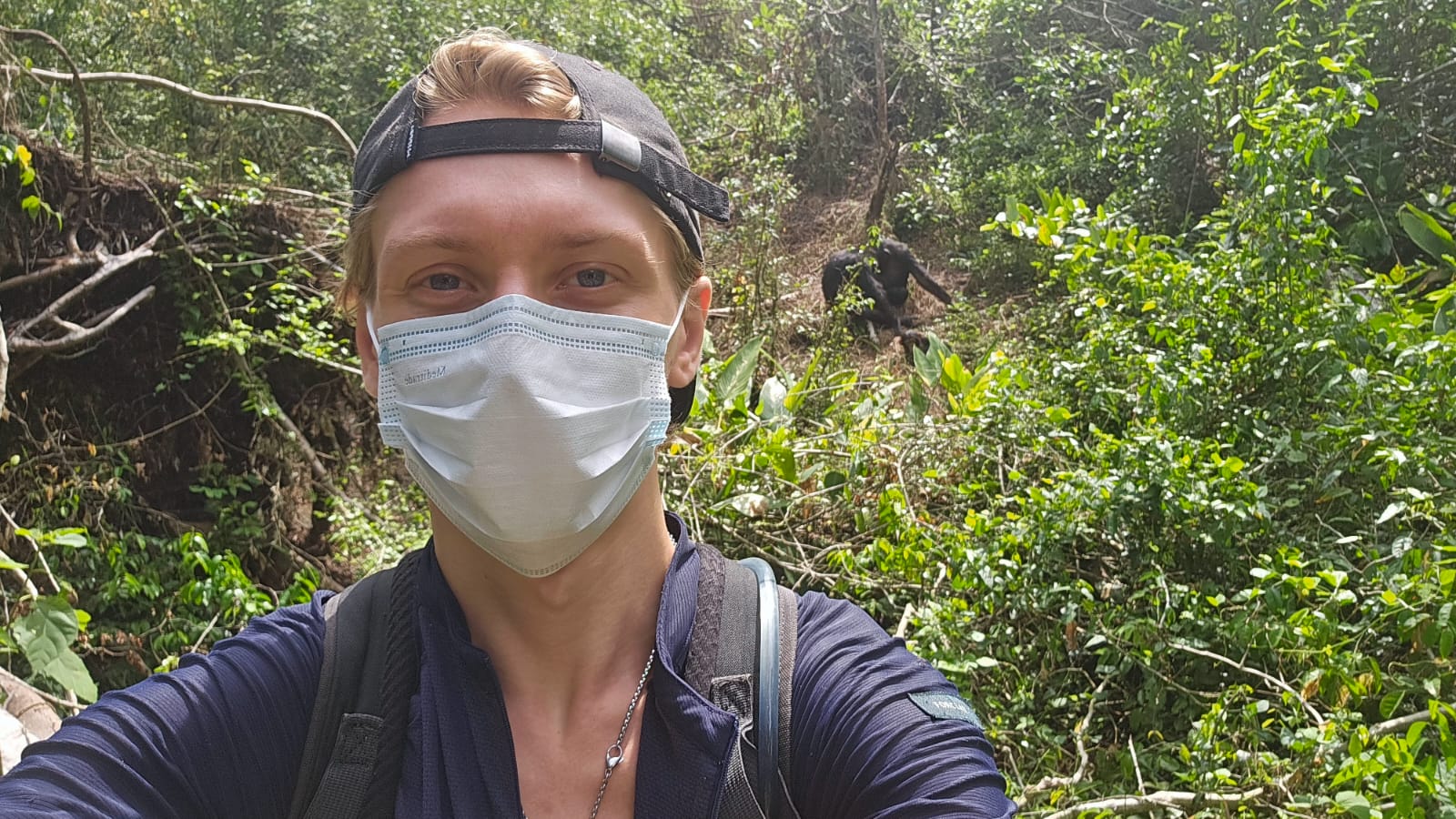
Antoine Valet, Institut des Sciences Cognitives: The role of grunt variants in chimpanzee vocal sequences
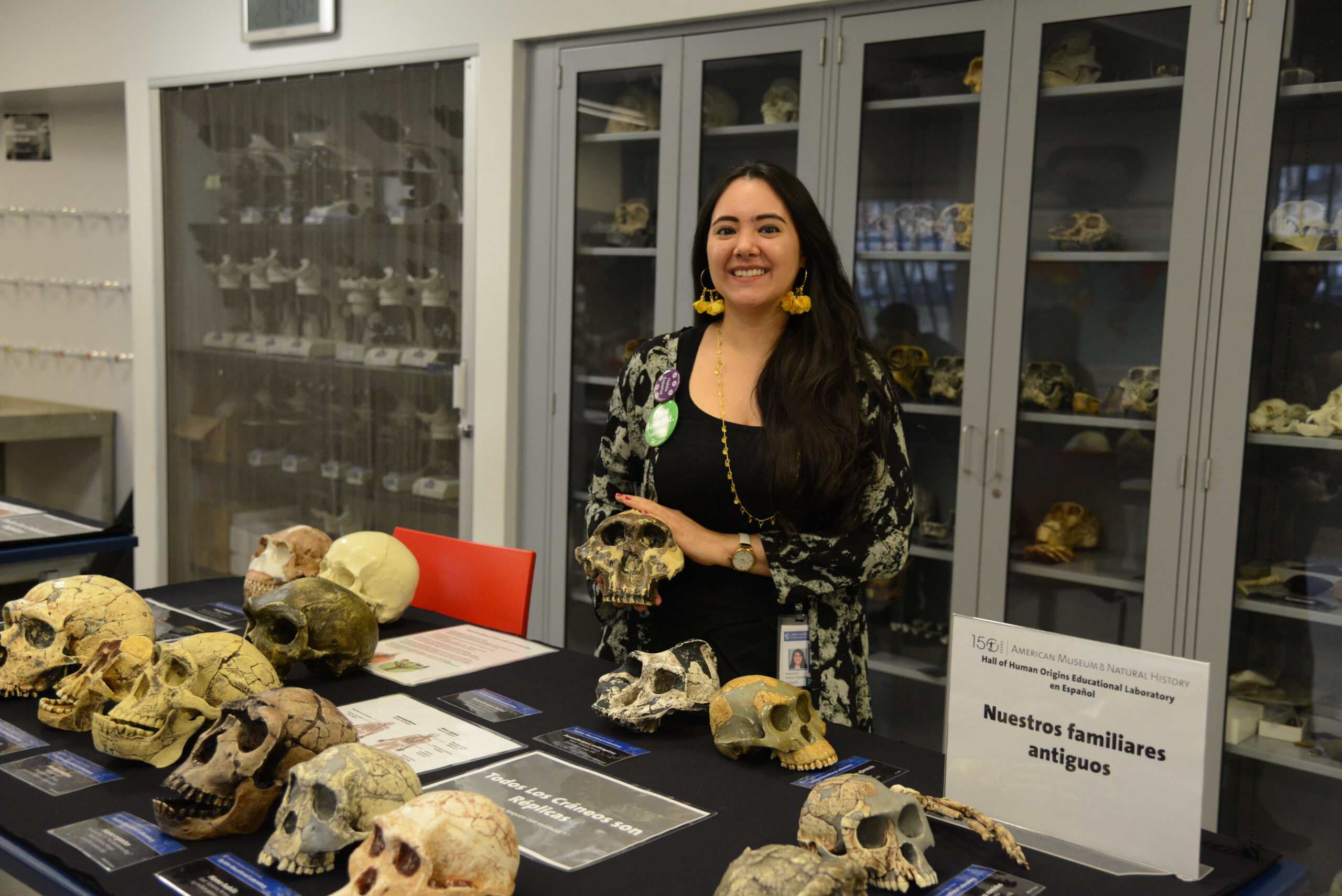
Alessandra Vecino Gazabón, American Museum of Natural History: Identifying hominin locomotor diversity from femoral diaphyseal structure
Lyndee Ward, University of North Texas Health Science Center: Climate and human nasal evolution: Experimentally investigating skeletal and soft-tissue influences on nasal airflow dynamics in living humans
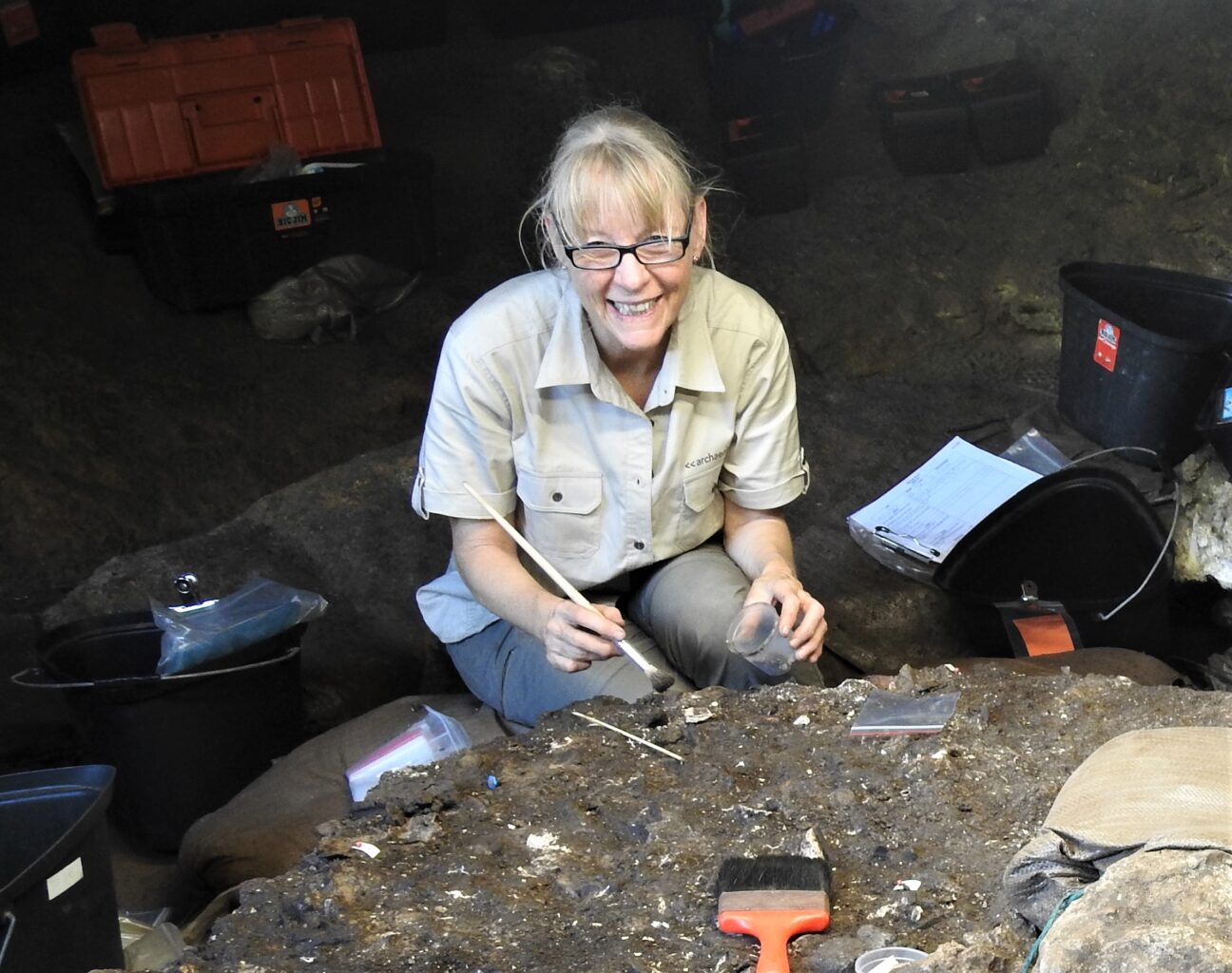
Sarah Wurz, University of the Witwatersrand: New frontiers in early modern human origins research at Klasies River Main site

Yossi Zaidner, Hebrew University: Excavations at Soii Havzak Rockshelter: A new Paleolithic sequence in Central Asia
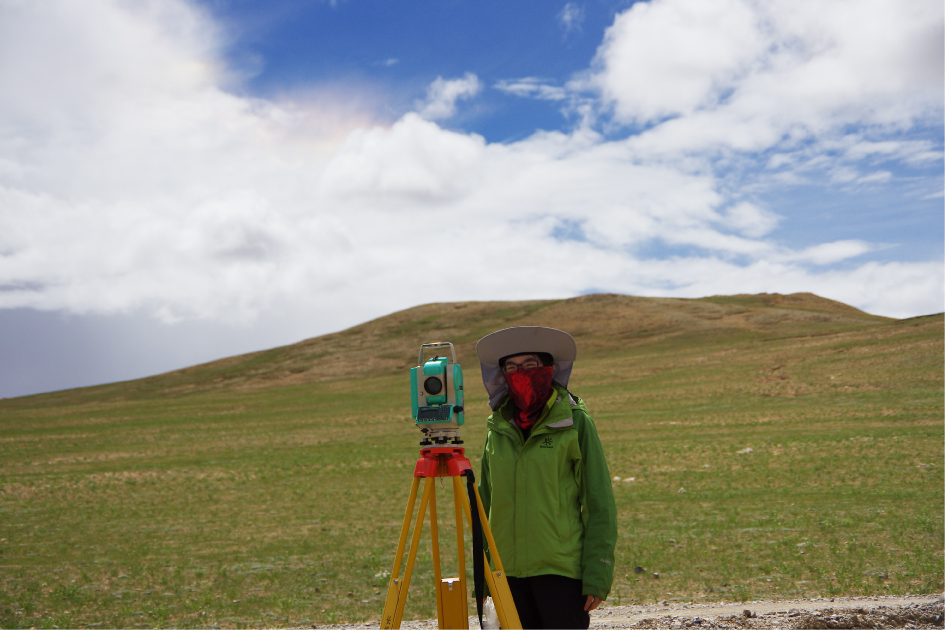
Peiqi Zhang, University of Bordeaux: Unraveling East Asian hominin technological evolution: A raw material perspective
Love science? Help make it happen!
Double your impact on human origins research and education.
For a limited time, your one-time or monthly gift will be matched!

